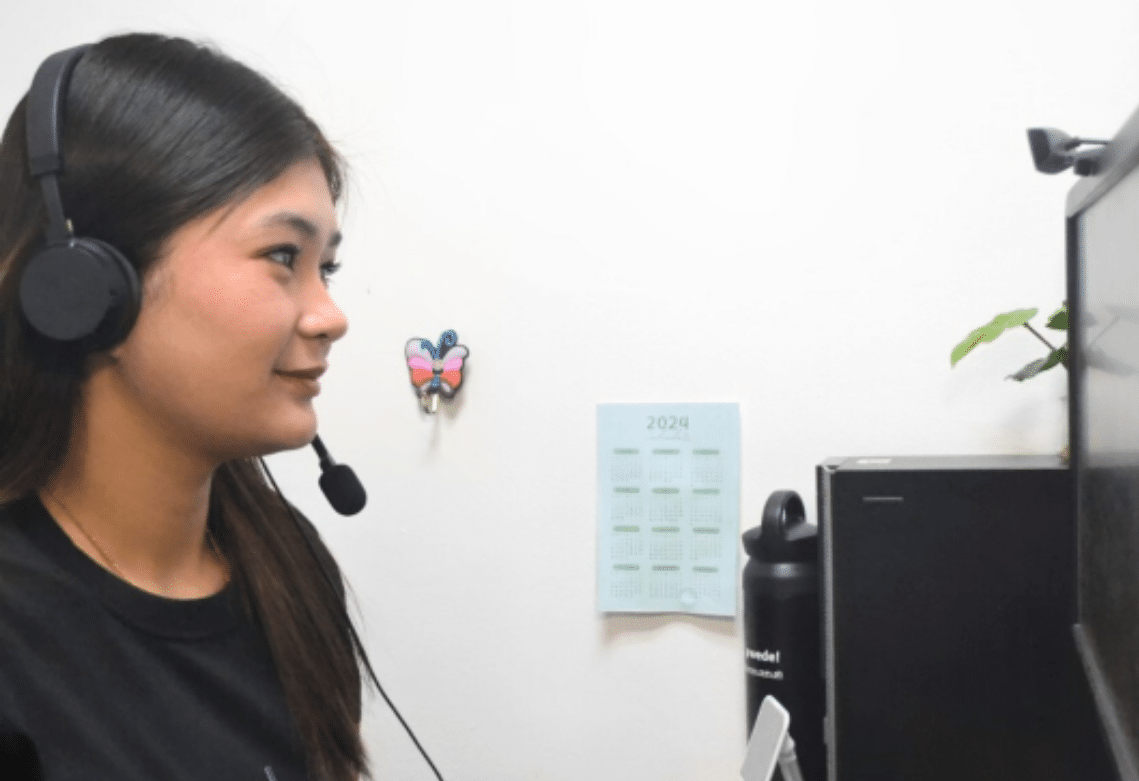
The Importance of HIPAA Compliance in Virtual Support

The True Cost of In-House vs. Virtual Medical Assistants: A 2025 Comparison

How to Hire the Right Virtual Medical Receptionist
A virtual medical receptionist is an online assistant who can handle appointment scheduling, answer calls and patient inquiries, verify insurance details, gather personal health information,…

Why Doctors Need to Hire Work-From-Office VAs
The post-pandemic era has brought about the trend of working from home across different countries in the world. However, this actually does not mean your…

What to Consider When Hiring VAs for Doctors
After knowing the various benefits that hiring virtual assistants brings to doctors and the different services that these professionals can offer based on our previous…

HireBiz Med Co-Owner Interviews Dr. Steven C. Zielinski, MD
Dr. Steven C. Zielinski, MD is the President and CEO of Zielinski Medical Technologies · Texas Spine & Neurosurgery. He is a highly skilled and…

What Sets HireBiz Med In-Office Medical VAs Apart
This is part 2 of our previous blog post about HireBiz Med co-owner Yuval Naveh interview with Dr. Steven C. Zielinski, MD, the President and…

Why AI Cannot Replace Work-from-Office Medical VAs
This is the 3rd and final part of Yuval Naveh (HireBiz Med co-owner) interview with Dr. Steven C. Zielinski, MD, the President and CEO of…

Frequently Asked Questions When Hiring a Medical VA
If you are on this page, you may be a newbie in medical virtual assistance and want to find out as much information as you…
